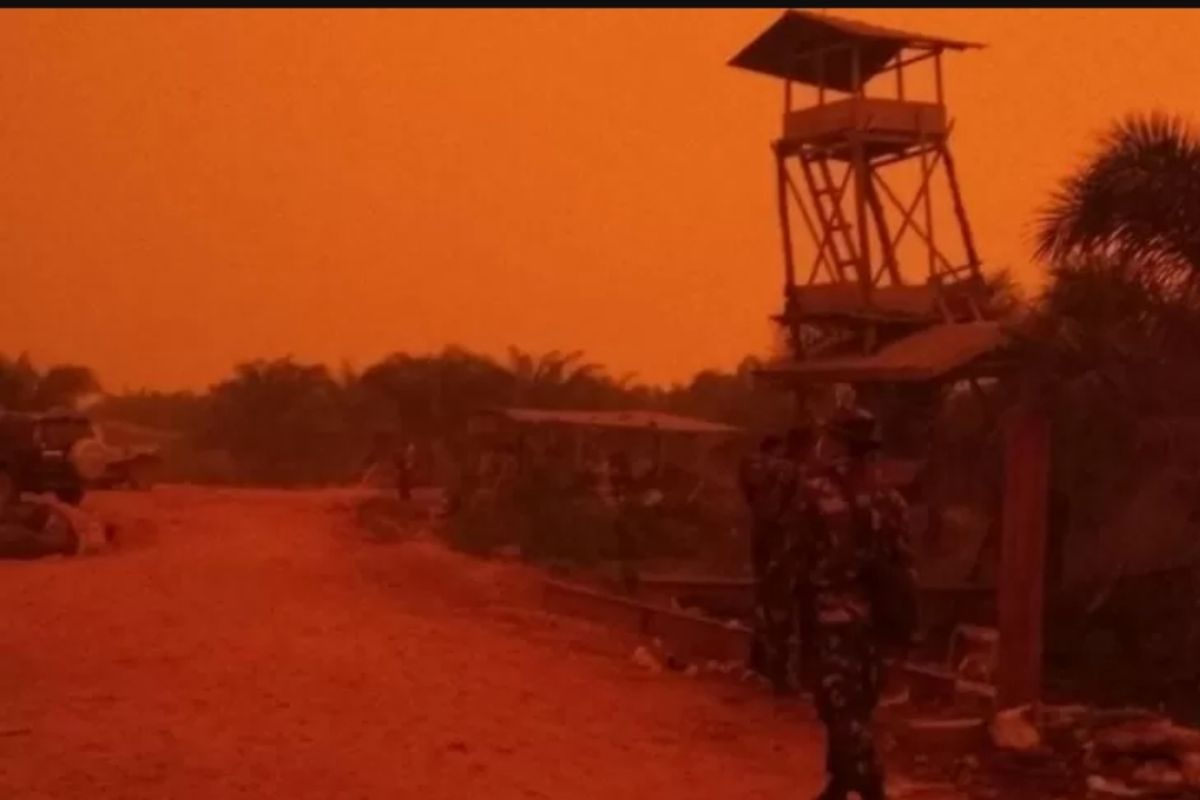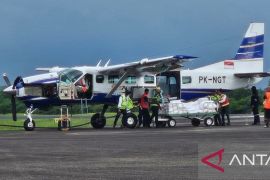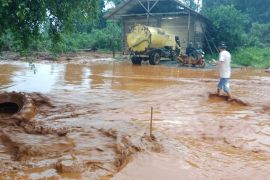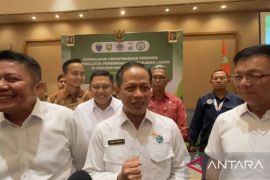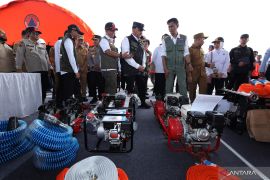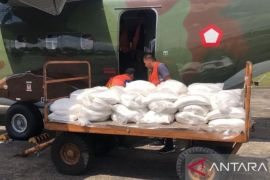However, it seems the warning failed to evoke a serious response, probably because several provincial leaders were busy in meetings at home and overseas, while the central government and the House of Representatives were preoccupied with issues such as plans to relocate the country’s capital city, deliberation of a bill on the revision of the Corruption Eradication Commission (KPK) law, and another bill on the amendment of the Criminal Code Law (KUHP).
Since August, forest fires have erupted in Riau, Jambi, South Sumatra, West Kalimantan, Central Kalimantan, and South Kalimantan, and produced smog that has choked millions of people in those provinces, several neighboring regions and even Malaysia and Singapore.
Not only human beings, but animals too have become victims as Sumatra and Kalimantan forests are home to various flora and fauna including endangered animals such as Sumatran tigers, Sumatran elephants, and orangutans. Many of those animals have left their habitat to avoid the fires. In Central Kalimantan, tens of orangutans (Pongo pygmaeus) are suffering from respiratory illness.
In Riau Province, the number of patients suffering from acute respiratory infections (ISPA) has increased from some 29,000 in August 2019 to 34,083 from September 1 to 22, 2019.
"Children are getting weaker. They do not want to eat, their body heat is high and it can lead to seizures. Finally, we are forced to take them to the hospital, where the doctor finds bacteria in their bodies because of the smog," Ferdian, a resident of Pekanbaru said while narrating his experience of treating a child affected with smog-related illness at Eria Bunda Mother and Children Hospital.
The thick smog has forced temporary closure of schools in parts of Sumatra and Kalimantan as well as in Malaysia, and the cancellation of flights, particularly in Riau, North Sumatra, West Kalimantan, Central Kalimantan and East Kalimantan.
On September 23, 33 flights to and from Sultan Syarif Kasim II Airport in the Riau provincial capital of Pekanbaru were cancelled due to low visibility, according to a spokesman for the airport, Benni Netra.
The thick haze shrouded Pekanbaru in the morning, causing the visibility to drop to 500 meters. In that morning, 1,591 hotspots indicative of forest fires were detected across Sumatra Island. South Sumatra recorded the highest number of hotspots, reaching 675, followed by 505 in Jambi and 256 in Riau.
After more than one month Riau’s inhabitants have been choked by smog. Finally, on Sept 23, 2019, Riau Governor Syamsuar declared a state of emergency in the province, effective from September 23 to October 31. If the condition remained unchanged, it would be extended.
Smog coming from forest fires is an indirect killer, and therefore should be tackled by all concerned parties, Doni Monardo, head of the National Disaster Mitigation Agency (BNPB) had warned.
Letting haze spread meant allowing damage to the next generation, Monardo said in a statement on September 15, 2019.
Failure to tackle the haze would make it a potential killer. So, if the people concerned successfully stop the smog, they could become heroes of humanity.
Based on his monitoring in Riau, most of the forest fires were man-made, he revealed. As an example, he cited that 80 percent of ex-forest fire areas had been turned into plantations in Pelelawan, Riau Province.
Meanwhile, the Social Affairs Ministry has prepared safe houses or shelters, especially for children and elderly, whose cities or villages, including in Riau and West Kalimantan provinces, were engulfed by haze.
"We have prepared safe houses in regions being hit by forest fires," Harry Hikmat, the ministry's Director General for Protection and Social Security, stated recently.
The safe house program is being implemented in cooperation with the Health Ministry, Public Works and Public Housing Ministry, BNPB, Indonesian Defense Forces (TNI), Indonesian Police (Polri), and local authorities.
The safe houses are equipped with folding beds and air purifiers for fresh oxygen. The houses are tightly sealed to prevent smog from entering and are run by capable personnel consisting of psychologists and paramedics, among others.
In the meantime, Coordinating Minister for Political, Legal and Security Affairs Wiranto on September 14, 2019, assured that the Indonesian government has been taking several measures to address the forest fires.
"The first step is to strengthen the Manggala Agni fire brigade," he said after attending a ministerial special meeting on controlling forest and land fires in Jakarta.
With that in mind, the number of fire brigade personnel equipped with fire extinguishers will be increased, he said.
The government will also prepare cloud seeding operations to induce rain.
To facilitate the handling of land and forest fires, the National Defense Forces (TNI) chief has also readied two aircraft to scatter salt over critical areas, he said.
"The TNI chief has provided additional planes to BNPB (the National Disaster Mitigation Agency) and the aircraft is on standby in the affected areas," he said.
To handle land and forest fires in difficult terrain the government will keep in readiness a total of 42 helicopters to conduct water bombing operations, he said.
However, the government needs to work harder to impose firm law enforcement and address the core of the problem, namely slash-and-burn deforestation technique to make way for plantations, which is one of the three factors causing forest fires.
Forest fires are often linked to plantations, corporations, and farmers that employ the easy and cheap practice of slash-and-burn clearance, Rasio Ridho Sani, Director General of Law Enforcement of the Environmental Affairs and Forestry Ministry, said on Sept 21, 2019.
In 2015, a total of 65 plantation corporations were convicted of using fire for land clearance, but only three companies lost their business licenses as a form of punishment, while the rest merely received administrative sanctions.
Owing to the lenient punishments, several of those companies again set fires this year.
Related news: Jambi's red sky explained as Mie scattering phenomenon
Related news: ISPA cases in Riau increasing due to smog
Editor: Gusti Nur Cahya Aryani
Copyright © ANTARA 2019
